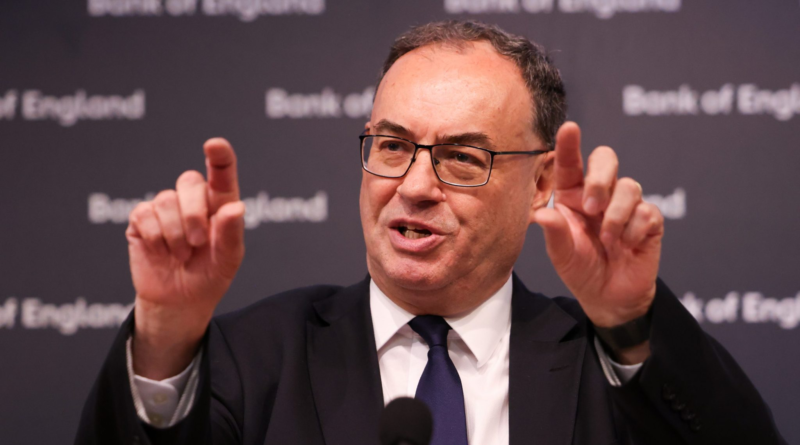Britcoin will not replace cash, BOE Governor Bailey says
Digital money will not replace cash in the UK and the Bank of England will continue to provide notes and coins “for as long as people want,” Governor Andrew Bailey said.
Speaking on a panel at the Group of Thirty’s 39th Annual International Banking Seminar in Washington, Bailey said: “The evidence is they do want it, so we will continue to supply it.”
The governor was responding to mounting fears, which have spread widely across the internet, that central bank digital currencies will supplant cash. Privacy campaigners claim CBDCs will end transaction anonymity, give governments surveillance powers over the public and shut people out of the financial system.
Work has started on a digital version of the pound, dubbed Britcoin, but the BOE has yet to decide whether to launch one. In Washington, Bailey indicated that while the BOE is cautious about releasing a retail CBDC that would function like cash for general consumers, he is in favor of a wholesale CBDC used by banks.
On the prospect of a retail CBDC, he said it was “harder to see an anchor role for central bank money.” However, there is a good case for a “special role” for “central bank money in wholesale high value payments and in settlement of payment systems,” he said.
The BOE is developing a retail CBDC not because it plans to deploy it but to ensure innovation is available to the private sector and to ensure commercial banks modernize the digital payments system.
Digital payment systems are particularly needed in the “area of cross-border payments, where progress on modernization continues to be slow,” Bailey said. “There is no good reason to be proprietorial on this.”
Banks have little incentive to speed up cross border payments, which potentially “inhibits innovation,” he said.



